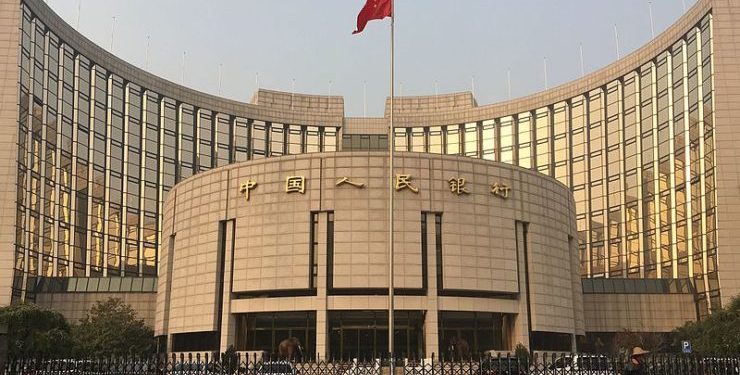New Delhi: Amid the continuous standoff between the two Asian giants over a border dispute, the Narendra Modi government has allowed the People’s Bank of China, a state-owned banking institution, to start operations in India.
The Modi-government had given the license to Bank of China (BoC) to operate in the country in 2018, a year after the Doklam standoff. The same year India witnessed another standoff with China at Demchok in Ladakh. The border dispute between the two countries has been a continuous affair. China started an unprovoked border conflict with India at Ladakh in the middle of pandemic COVID-19.
Even as people across India are asking for boycotting Chinese goods, very few realise the possible threat from BoC to India’s banking sector. The BoC, which raked about USD28.46 billion in net profit in 2019, has expanded its investment in India by buying one per cent stake in HDFC. The bank also mulls to expand its credit market within the Indian banking sector.
The BoC is the second Chinese bank to have a branch in Mumbai after Industrial and Commercial Bank of China which had started operations in 2011. The bank was given a license after a series of successful meetings between Prime Minister Narendra Modi and Chinese President Xi Jinping in 2018.
The RBI in August 2019 included BoC in the second schedule of Reserve Bank of India 1934 Act allowing it to offer regular baking services in the country like other commercial banks.
The outbreak of Covid-19 has worsened the condition of banking sector in China. A decade of excessive credit growth; decline in economic growth and trade war with US have saddled Chinese banks with heavy bad debts. According to S&P Ratings, the value of loans that companies in China are likely to default due to the pandemic could double to 10 trillion yuan ($1.5 trillion).
According to a report, 586 banks and 13 per cent of financial institutions in China are under high risk category and some of them were declared bankrupt.
Professor Swaran Singh of JNU, an expert in India-China relations, said both countries are the largest partners and blocking the investment from China is not an appropriate thing to do.
“China’s banking sector has been under stress for 20-25 years. COVID-19 has hit Chinese economy including the banking sector. But we cannot boycott China as we are one of the largest trading partners. It’s not the time to block Chinese investment in India. There is anger in the society due to border conflict. But this is just to communicate to Chinese that people of India are angry with China but that doesn’t mean that we really need to boycott China,” said Prof Singh.
PNN







































